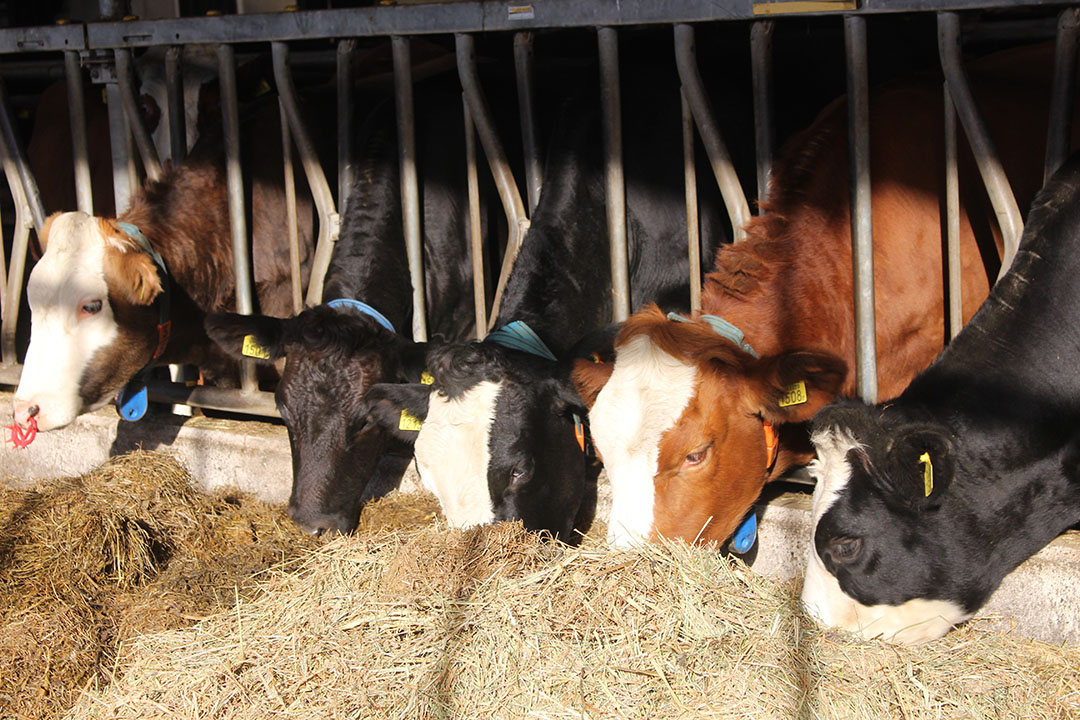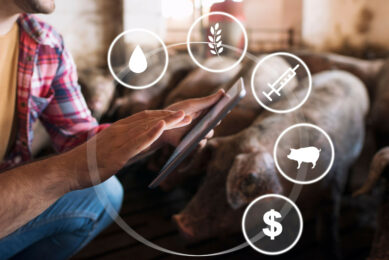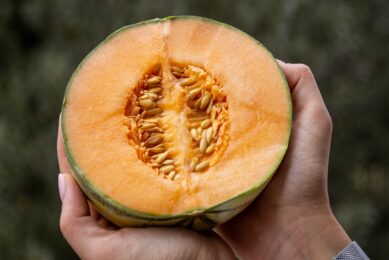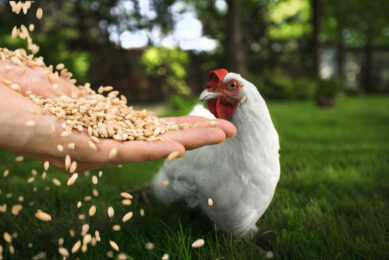Research: Reducing cow’s methane emission via feeding

A new project will look at how to reduce the cow’s methane emission via feeding and the biological reasons why cows differ in methane production. The project is being carried out by researchers at Aarhus University in Denmark.
According to a news release by Aarhus University (AU), the new research project, led by Department of Animal Science, AU, is based on a number of essential focus areas, including:
- Feeding
- Rumen metabolism
- Phenotypes
- Measuring and assessment methods
- Effect assessments
Also read: Dietary manipulation for less methane output
Climate efficient
It further added that in order to fulfil the national goals of reducing the total emission of agricultural greenhouse gases, and in order to maintain a competitive agricultural production in Denmark, dairy production needs to be more climate efficient. This project is backed by the climate fund of The Ministry of Environment and Food of Denmark.
Feed additives
The effect of existing additives will be studied, and, in cooperation with the industry, the development of new additives will begin, which, may play a major role in the reduction of the cows’ methane production without affecting the animal’s health and the milk quality.
The researchers must identify the dairy cows that have a low and high loss of methane. “It is well-known that the production of methane varies markedly among the animals. However, it is not yet stated which of the physical, physiological and microbial qualities distinguish the climate-efficient dairy cow from the less efficient dairy cow,” said professor Peter Lund, project leader, Department of Animal Science, Aarhus University. Thus the aim is to define the phenotypic qualities (i.e. the qualities expressed via appearance and physiology) characterising the efficient dairy cow.
Source and for more information: Aarhus University











